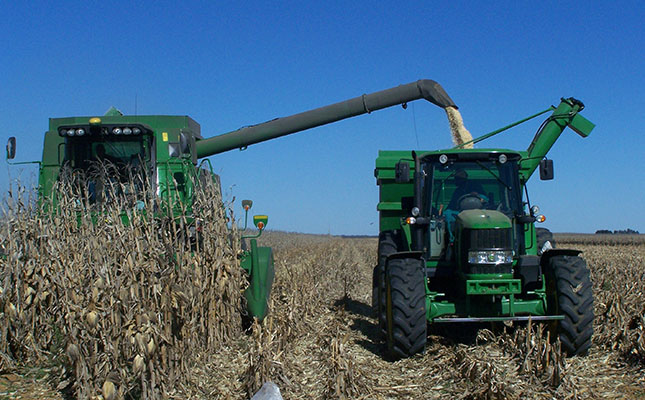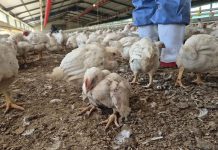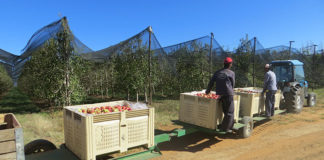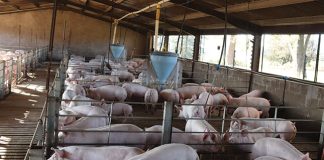
Photo: FW Archive
A strengthening rand and a drop in international crude oil prices could buffer South Africans against the predicted sharp increase in fuel prices planned for April.
Agricultural analysts therefore believe that the increase may not be as steep as initially expected.
Paul Makube, senior agricultural economist at FNB, said oil prices had dropped to an average of just under US$105/barrel (R1 571,20) on Friday 18 March.
“If this trajectory continues, we will see a fuel price increase in April, but it will probably not be as high as initially thought. Those predictions were made on the basis of half-month information.”
Makube told Farmer’s Weekly that the stronger rand would also help to ensure a lesser increase.
“At the beginning of the month the exchange rate stood at R15,40 to the US dollar and yesterday it dipped to R14,96 to the US dollar.”
However, the Automobile Association (AA) said in statement on 17 March that current data indicated that 95-octane petrol was set to increase by R2,15/l, 93-octane by R 2,07/l, diesel by between R2,94/l and R3,08/l, and illuminating paraffin by R2,51/l.
This could result in consumers paying about R24/l for petrol and R23,60/l for diesel.
“If realised at month-end, these will be the biggest increases to fuel prices in South Africa’s history and will, undoubtedly, have major ramifications for all consumers and the economy in general.
“We must note, though, that this is the mid-month outlook, so there may yet be some relief before the official adjustment by the Department of Mineral Resources and Energy is made going into April,” said the AA.
Whatever the increase in fuel prices, it would have a negative impact on farmers and the entire agro-processing value chain, said Marlene Louw, senior agricultural economist at Absa AgriBusiness.
“[The] fuel price has a compounding effect that spills over to every aspect of the value chain, from primary production to manufacturing and distribution.”
Louw said many consumers would not be able to absorb these additional costs.
“During the initial COVID-19 lockdown [period], many professional people were able to save a lot of money due to the fact that their travel was restricted. This increase in disposable income, meant that they could spend more money on luxury foodstuffs such as prime red meat cuts.”
However, people have since returned to work and now this “additional disposable” income was no longer available. Therefore, Louw said this would probably have a negative impact on the sale of luxury agricultural products.
“Currently the situation is so volatile that farmers should not speculate by purchasing large volumes of fuel, [for example]” Nicol Jansen, vice president of Agri SA told Farmer’s Weekly.










